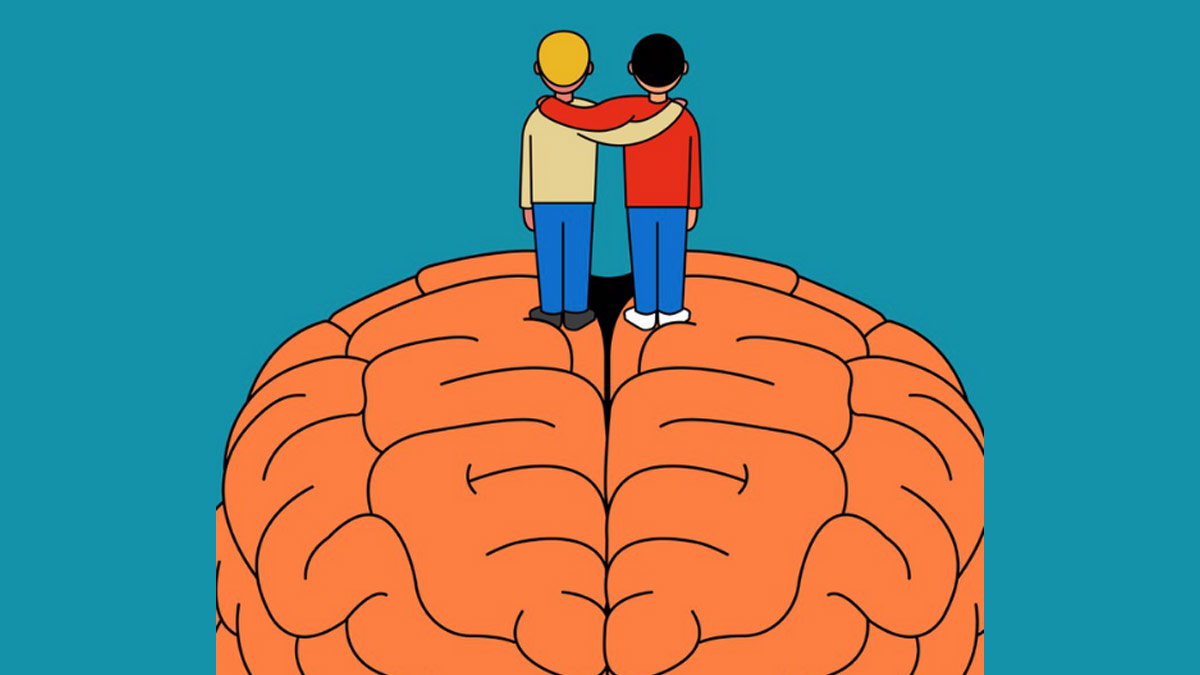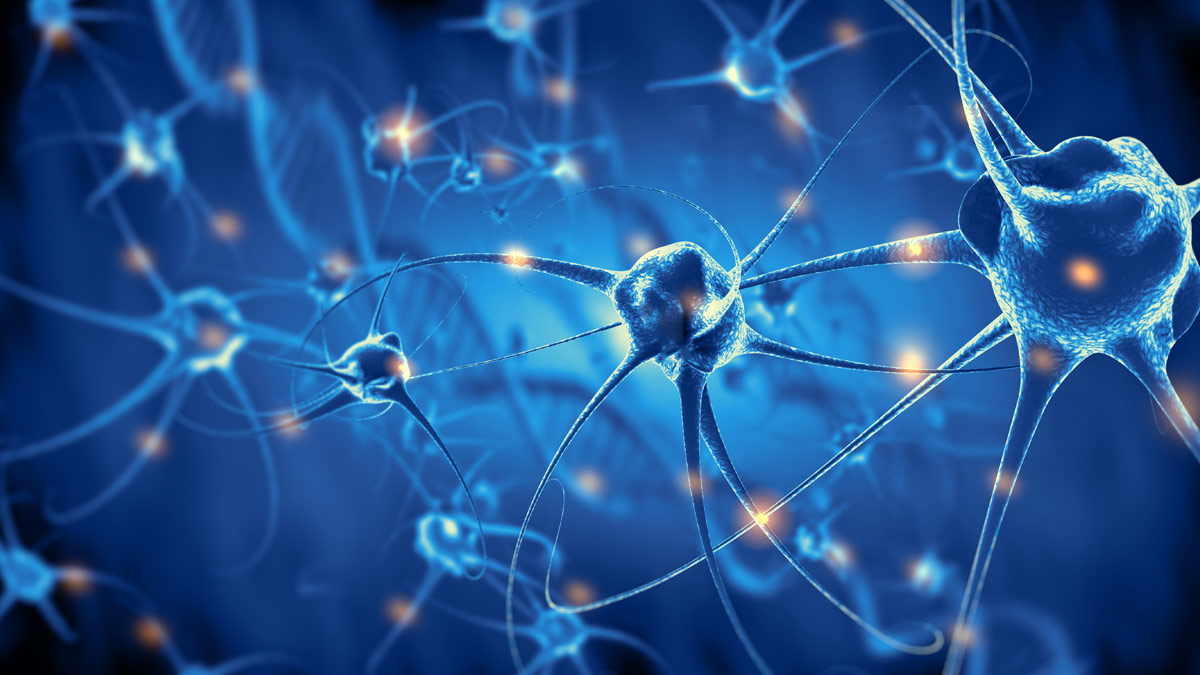
In the complex journey of adolescent brain development, significant changes occur, impacting how teens respond to stress and influencing their mental well-being. This blog seeks to demystify the relationship between the adolescent brain, stress, and mental health while providing practical coping strategies.
The Changing Teen Brain
During adolescence, the brain undergoes crucial changes. Regions like the prefrontal cortex, responsible for decision-making, and the amygdala, governing emotions, are still maturing. This makes teens more susceptible to stressors and can contribute to stress-related mental health issues.
Stress Responses in Teens
Teens often react to stress differently than adults due to ongoing brain development. The amygdala, a key player in emotional responses, plays a significant role in how teens respond to stress. This heightened emotional reactivity can increase vulnerability to issues like anxiety and depression.
Identifying Stress Triggers
Recognizing what causes stress in adolescents is essential. Whether it’s academic pressure, social dynamics, family conflicts, or identity exploration, understanding these triggers is the first step in creating a supportive environment.
The Impact of Stress on Mental Health
The interaction between stress and mental health during adolescence is nuanced. Prolonged exposure to stress hormones like cortisol can affect neural connections, potentially leading to mental health challenges. Recognizing and addressing these challenges early is crucial.
Coping Strategies for Teens
Equipping teens with effective coping mechanisms is vital. Here are some strategies:
- Mindfulness and Meditation: Techniques promoting present-moment awareness can help manage stress.
- Healthy Lifestyle Choices: Regular exercise, balanced nutrition, and sufficient sleep contribute to overall well-being.
- Support Systems: Building strong social connections and seeking support from friends, family, or professionals creates a safety net.
- Time Management Skills: Teaching organizational skills helps teens navigate academic and extracurricular demands.
- Professional Guidance: In some cases, seeking advice from mental health professionals can provide tailored strategies.
Fostering a Supportive Culture
Apart from individual coping, creating an environment that prioritizes mental well-being is crucial. Schools, families, and communities play a vital role in providing support and understanding.
Conclusion: Nurturing Adolescent Well-being
Navigating the challenges of the adolescent brain, stress, and mental health requires collective effort. By recognizing triggers, fostering open communication, and empowering teens with effective coping strategies, we contribute to a future where adolescence is marked by resilience, self-discovery, and lasting mental well-being.





